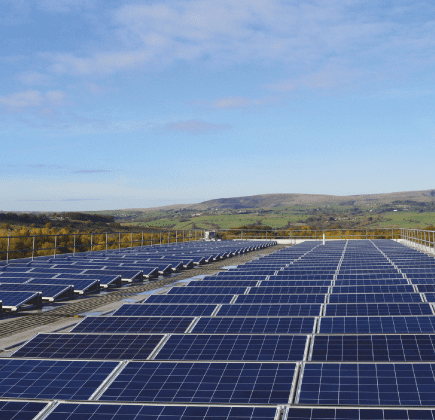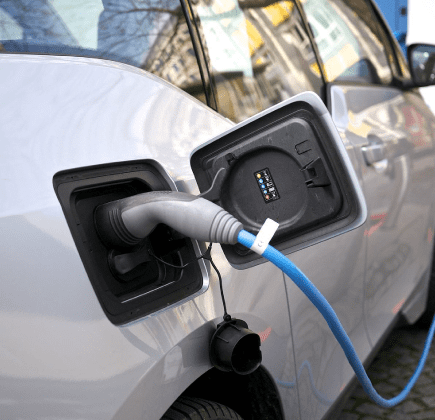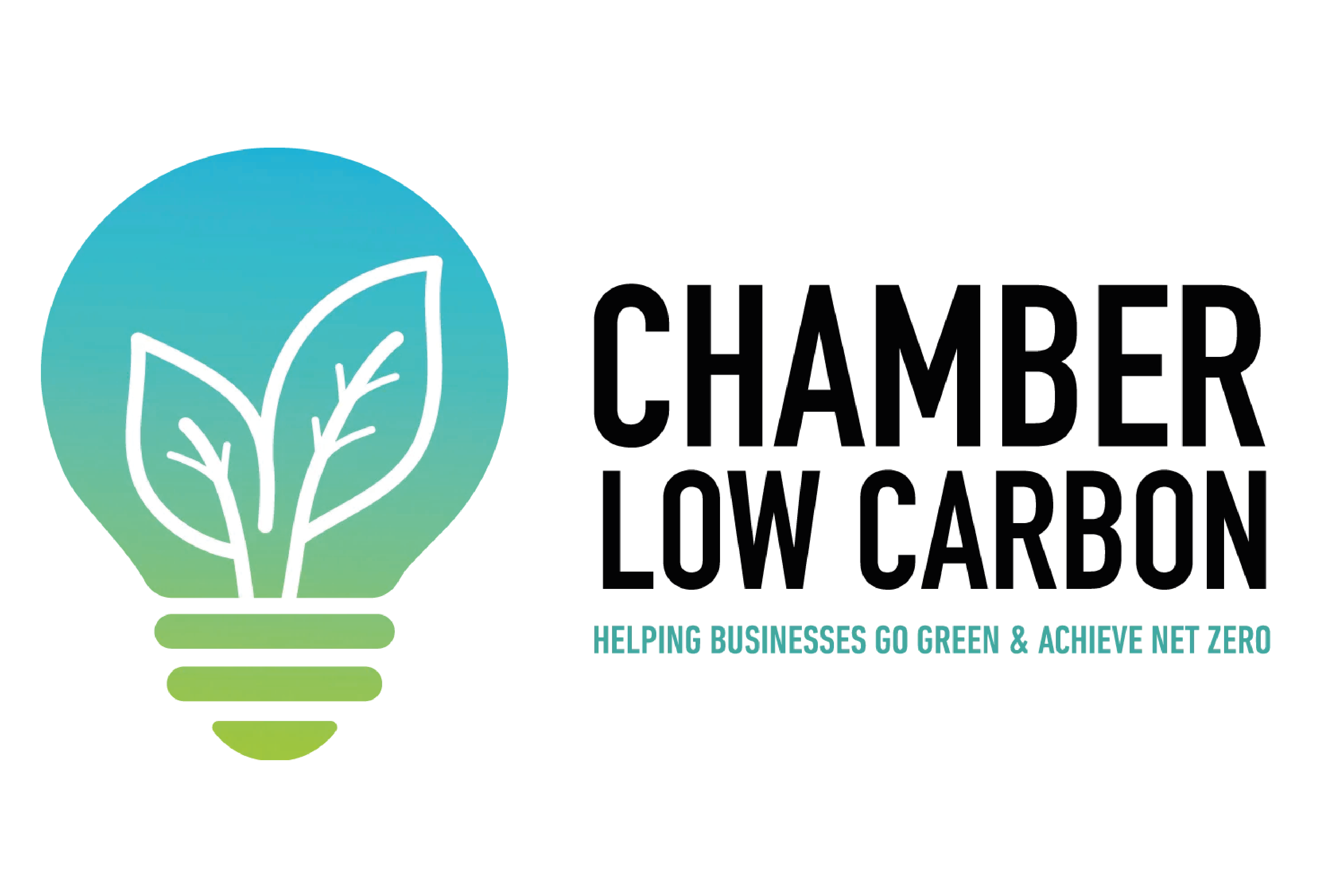
Government’s plan for global warming gets a frosty reception
“Half-baked and half-hearted.” Ouch. That’s just one of the sharper phrases used in recent weeks to describe the government’s long-awaited climate strategy, a 1000-page plan intended to outline how the government will meet its legally-binding climate goals.
Unfortunately, as far as the majority of observers are concerned, it’s failed to do so. It also doesn’t go far enough to boost energy security, or lower bills for the British public. If the critics are right – and it has to be said, the science is on their side – then the government will have a range of consequences to contend with in the very near future. For starters there will be legal implications for falling short of their commitments, and there are also concerns that the UK will forfeit its status as a world leader on climate action. And that’s to say nothing of the environmental consequences themselves.
Now, we should say at this point that it’s crucial not to get too pessimistic. It’s worth noting, for example, that the government has recently formed a joint taskforce to “power up solar energy” – which was a key recommendation of the Chris Skidmore report. That’s good news if you’re considering commercial solar panels for your own business! Before we get into that though, let’s stick with examining the government’s climate strategy, and exactly why so many commentators aren’t happy with it.
What’s in the government’s new climate strategy?
The government’s new strategy contains a number of action plans across an array of specific areas. First released in late March, it’s worth highlighting that this one comes nine months after the High Court ruled that an earlier version breached legally binding emissions targets. So this is the government’s second try.
It details how the country will cut emissions by 68% by 2030, and reach Net Zero by 2050. The 1000-page report includes:
- £20 billion investment in carbon capture technology
- £240 million for 20 new hydrogen projects
- £800 million for car manufacturers to accelerate electric vehicle production
Notably, it also covers support for nuclear energy, a heat pump subsidy scheme, and money for offshore wind farms. (For the time being though, a ban on onshore wind remains in place.)
However, the big problem is that by the government’s own admission, these will only achieve 92% of the emissions cuts required to meet its 2030 Net Zero target. And 8% might not sound like much, but neither does 1.5°C – and we all know how important that is!
What’s been the reaction?
To be honest – negative. One particular Good Law project spokesman said that the government has failed “a moral and legal duty” to get the policy right.
The main issue that most critics have identified is that essentially, the plans don’t go far enough. They might have been an excellent step at some distant point in the past, but in today’s rapidly accelerating climate emergency, they’re not drastic enough to meet the requirements of the situation at hand. Crucially, they rely largely on existing government commitments, and won’t benefit much in the way of new dedicated funding.
There’s also the fact that global competition is fiercer than ever, and if the UK’s commitment stalls, it risks becoming less competitive and therefore being left behind. For one good example we need look no further than America and US President Joe Biden’s $370bn green plan to lower energy costs and accelerate private investment in green energy, as part of the president’s ‘Inflation Reduction Act’, announced by the White House last autumn. The fear is that this could lure UK’s key green industries overseas.
Some industry observers have pointed out that it was only a few months ago that Prime Minister Rishi Sunak was promising strong action on climate change at international talks – and this plan falls way short of that. Others have highlighted that companies are making decisions right now, not in six months’ time, so the government cannot afford not to fully deliver on its promises. (A recent Guardian piece hinted that lobbying may well have played a role in watering down these climate plans; in 2022, the Conservatives received £3.5 million from entities linked to climate denial and the fossil fuel sector.)
The UK is still current a world leader in climate action. But for how long?
Joint taskforce to “power up” solar
Amongst all the (understandable) concern caused by the government’s widely-decried climate strategy, it’s still worth noting that there have been some positive steps forward. One such positive step has been the creation of a joint solar taskforce, which was one of the key policy recommendations set out in Chris Skidmore’s Net Zero Review. For this, the government has partnered with Solar Energy UK, whose Chief Executive Chris Hewett has said he looks forward “to working closely with ministers to lay the path towards a five-fold increase in solar capacity in the UK by 2035 and addressing the key barriers to unlock the full potential of all scales of solar and energy storage”.
Notably, he also pointed out the “need for major improvements in network capacity and management, and support for skills and training and ensure that finance and markets are available for solar to be accessible to all businesses and individuals.”
That’s certainly an aim we can get behind here at Low Carbon Energy. With more than 30 years of combined experience behind us, we have a long history of helping our customers make huge cost savings and reduce their carbon footprint through the use of commercial solar panels.
Each of our installations is bespoke, and we tailor your solution to your specific energy profile, helping us to maximise carbon reductions and save you up to thousands of pounds in energy bills. Feel free to look at our case studies for just a few examples of businesses which have reaped huge rewards from solar, such as Boeing and Irish Water. To find out how we can help you, feel free to give us a call today on 01282 421 489!
 Energy Technology
Energy Technology

Powering your present. Preserving your future.
Call us on 01282 421 489

strategy be a priority?












